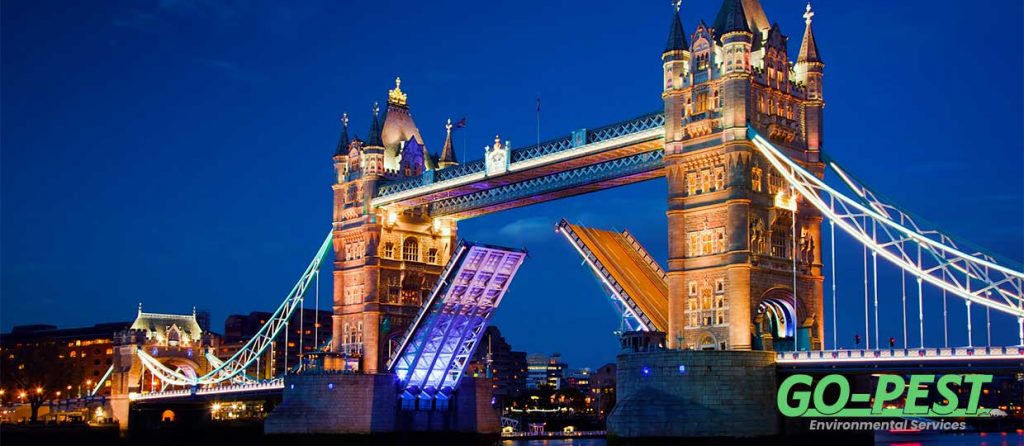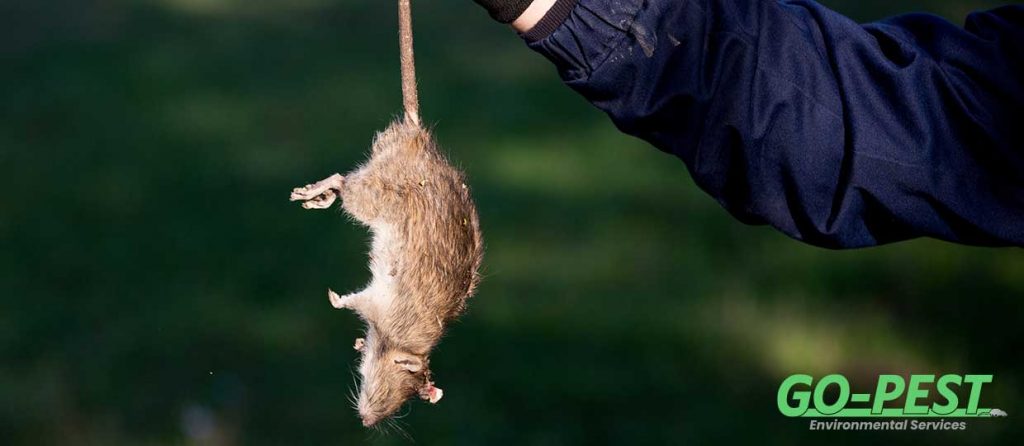Choosing a Pest Control Company Is More Than Just Picking a Name
Londoners are no strangers to pest issues. Rodents in old terrace houses, bedbugs in flats, or cockroaches in restaurant kitchens are all common. When pests strike, hiring the right company is the difference between a quick fix and an ongoing headache. Price alone doesn’t tell the full story. Quality, safety, and professionalism matter just as much, especially in a city with strict health and safety standards.
Accreditation and Memberships
A reliable pest control company in the UK should be part of recognised industry bodies. Membership in the British Pest Control Association (BPCA) or the National Pest Technicians Association (NPTA) signals adherence to high standards. These organisations ensure members use approved methods, keep up with training, and comply with current regulations.
Accredited companies are also more likely to use products safely and correctly. They’re trained in handling rodenticides and insecticides that are restricted to professional use, reducing risks to families, pets, and the environment.
Licensing and Insurance
Professional pest controllers in London are regulated by the Health and Safety Executive (HSE) for the use of biocides. Check that the company’s technicians hold valid certification for the treatments they’re carrying out.
Public liability insurance is another essential. It protects both the company and the customer in case of accidental damage or injury during treatment. Reputable firms are transparent about their insurance cover and can provide proof on request.
Local Knowledge
Pest problems vary across London’s boroughs. Rats moving through sewers under Westminster, bedbugs in high-density housing in Tower Hamlets, foxes raiding bins in Croydon—each area has its own patterns. A company that regularly works in your part of London will be more familiar with local conditions, entry points, and seasonal trends. This experience allows them to design treatments that actually work, rather than relying on a one-size-fits-all approach.
Experience and Specialisation
Not all pest control companies offer the same services. Some specialise in commercial properties, others in residential work. Some excel at rodent proofing, others at insect eradication or bird control. Ask how long the company has been operating, which pests they treat most often, and whether they’ve handled cases similar to yours.
An established track record with the specific pest you’re dealing with usually means more efficient treatment, fewer visits, and better results.
Transparent Inspection and Quotation
A trustworthy company will carry out an inspection before giving a quote, especially for serious infestations. They’ll identify the pest species, locate entry points or nests, and explain their proposed treatment plan. Avoid firms that offer a price without any kind of assessment or that try to pressure you into an immediate decision.
Good companies provide a clear breakdown of costs, including follow-up visits, proofing work, and VAT. This makes it easier to compare options and prevents hidden charges later.
Methods and Products Used
Ask about the treatment methods and products before agreeing to work. Professional pest control companies in London use a mix of chemical and non-chemical approaches to minimise risk and maximise effectiveness. They’ll also advise you on preparation steps, such as clearing cupboards before a spray or sealing food before a rodent treatment.
Transparency here is crucial. If a company won’t tell you what products they’re using or can’t explain how they work, that’s a warning sign.
Safety Practices
Reliable pest control firms put safety at the forefront. They provide risk assessments for each job, explain how long areas need to be vacated after treatment, and give clear instructions on when it’s safe for children or pets to return. They also supply written documentation after the job, which is especially important for landlords and businesses needing compliance records.
Guarantees and Follow-Up
Good companies stand behind their work. Some offer guarantees for a set period after treatment or include follow-up visits as part of the price. This shows confidence in their methods and gives you peace of mind. It also ensures that if the pests return because of eggs hatching or rodents finding a new entry point, the company will handle it without extra charges.
Reviews and Reputation
Word of mouth still counts. Check online reviews on independent platforms, not just the company’s own website. Look for patterns rather than one-off complaints—consistent praise for punctuality, communication, and results is a positive sign.
In London, many councils and housing associations keep lists of approved contractors. Checking these can give extra reassurance.
Response Time and Availability
Pests don’t work nine-to-five, and neither should your pest control service. Fast response matters, especially for businesses or severe infestations. Ask about the company’s emergency call-out times and how quickly they can start treatment. Firms with local technicians can often respond sooner than national call centres sending staff from far away.
Professionalism and Communication
From the first phone call or email, pay attention to how the company communicates. Are they clear, polite, and knowledgeable? Do they explain the process without jargon? Professionalism at this stage often reflects how they’ll handle the job itself. Uniformed technicians, marked vehicles, and written treatment reports all signal a company that takes its work seriously.
Cost Versus Value
Lowest price isn’t always the best value. A cheaper quote may mean weaker products, fewer visits, or inexperienced staff. A slightly higher price from a qualified, insured, and reputable company often ends up saving money because the treatment actually works the first time.
Ask what’s included in the price. Does it cover follow-up visits, proofing, or just a single treatment? Clear answers here help avoid surprises.
Environmental Responsibility
Modern pest control in the UK is moving toward reducing pesticide use where possible. Reliable companies will try to solve problems with proofing, trapping, and habitat management before resorting to heavy chemical use. They’ll also dispose of waste, dead rodents, or contaminated materials according to environmental regulations.
Service Plans for Businesses and Landlords
For commercial properties, food outlets, and landlords, a one-off treatment may not be enough. Many pest control firms in London offer service contracts with regular inspections, monitoring, and rapid-response visits. These plans help keep properties compliant with health regulations and avoid infestations before they start.
Putting It All Together
Finding a reliable pest control company in London means checking credentials, experience, transparency, safety standards, and local knowledge. It’s about working with professionals who don’t just treat the problem but also help prevent it from returning.
When you choose the right company, you get more than a technician with a spray—you get a partner who understands the city’s unique pest challenges and has the tools and training to handle them properly. Taking the time to research your options pays off in faster results, fewer headaches, and a pest-free property.


